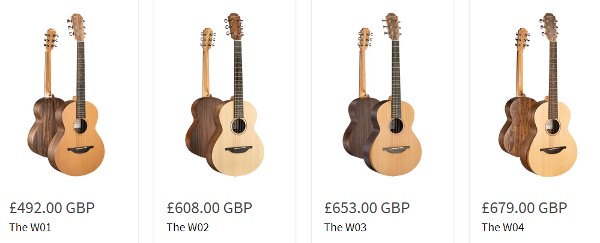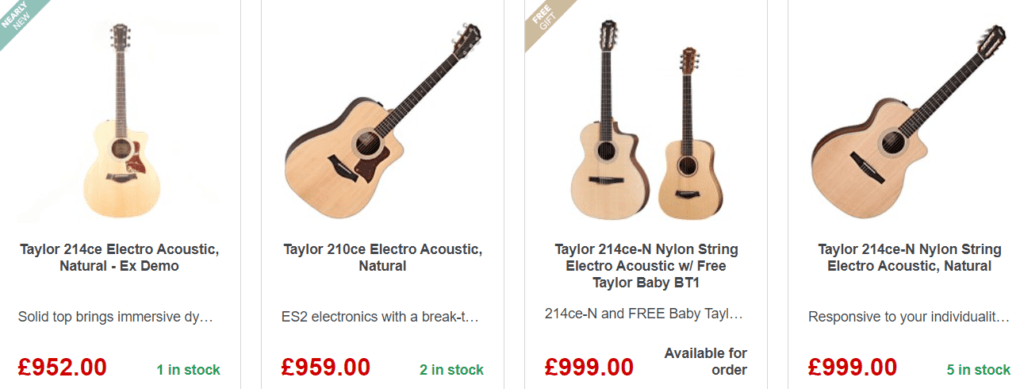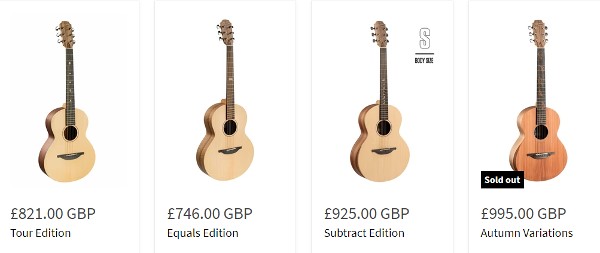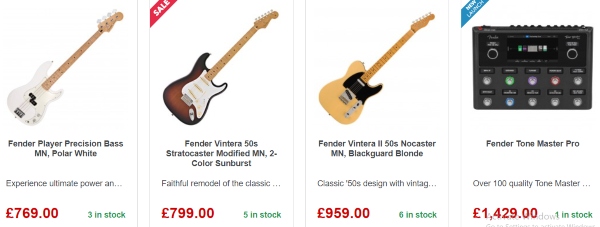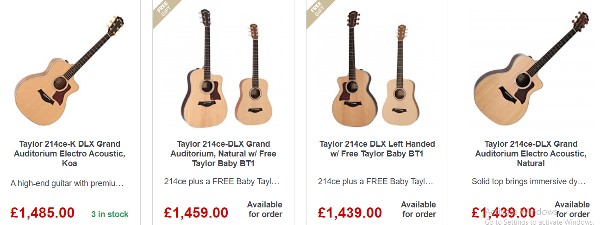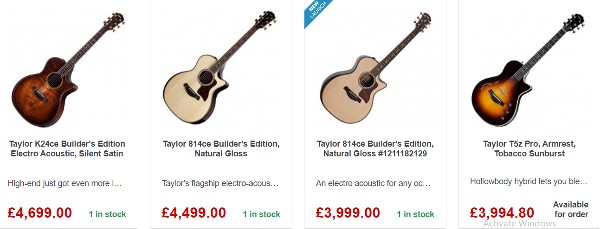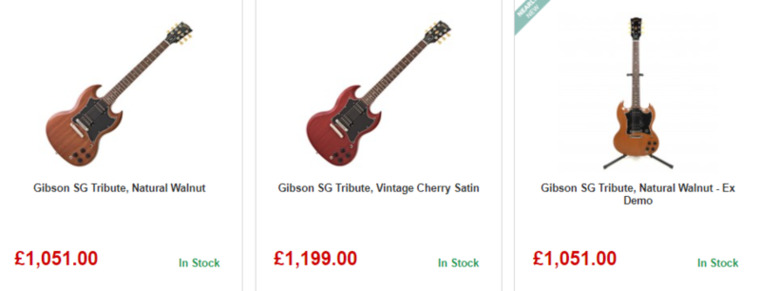Finding the perfect guitar amp is essential for getting the best sound out of your instrument. Whether you’re a blues enthusiast, a rock star, or a jazz virtuoso, there’s an amp that suits your playing style. This guide will help you navigate through the different types of guitar amps and their features to find the one that best matches your musical needs.
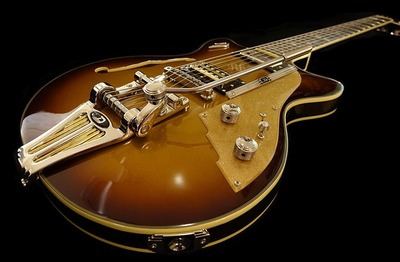
Types of Guitar Amps
1. Tube Amps
Tube amplifiers, also known as valve amps, are renowned for their warm, rich tones and dynamic responsiveness. They excel in producing classic rock, blues, and jazz sounds.
Pros:
- Warm, organic sound.
- Responsive to playing dynamics.
- Preferred by many professional musicians.
Cons:
- Usually heavier and less portable.
- Require maintenance (tube replacement).
Best For:
- Blues, classic rock, and jazz players who value tone quality.
2. Solid-State Amps
Solid-state amps use transistors instead of tubes, making them more durable and reliable. They are often favored by beginners and gigging musicians for their affordability and ruggedness.
Pros:
- Reliable and durable.
- Often lighter and more portable.
- Generally more affordable.
Cons:
- Can lack the warmth and dynamics of tube amps.
- Less preferred by tone purists.
Best For:
- Beginners, gigging musicians, and those on a budget.
3. Modeling Amps
Modeling amps use digital technology to replicate the sounds of various classic amps and effects. They offer a wide range of tones and are highly versatile.
Pros:
- Versatile with a wide range of tones and effects.
- Often includes built-in effects.
- Great for players who experiment with different genres.
Cons:
- Can be complex to navigate.
- Some purists believe they lack the authenticity of tube amps.
Best For:
- Experimental musicians and those who play multiple genres.
4. Hybrid Amps
Hybrid amps combine the best of both worlds by using a tube in the preamp stage and solid-state components in the power amp stage. This setup aims to deliver the warmth of tube amps with the reliability of solid-state amps.
Pros:
- Warm tone with improved reliability.
- Lighter and more portable than full tube amps.
Cons:
- May not fully replicate the feel of a pure tube amp.
Best For:
- Players looking for a balance between tone and practicality.
Key Features to Consider
1. Wattage
The wattage of an amp affects its volume and headroom. Lower wattage amps (1-15 watts) are great for practice and recording, while higher wattage amps (30-100+ watts) are better suited for live performances.
2. Speaker Size and Configuration
The size and number of speakers influence the amp’s sound projection and tonal characteristics. Common configurations include 1×12″, 2×12″, and 4×12″.
3. Built-in Effects
Many modern amps come with built-in effects such as reverb, delay, and modulation. This feature is useful for players who want to experiment with different sounds without needing additional pedals.
4. Connectivity Options
Look for amps with various connectivity options such as headphone jacks, line out for recording, and USB for direct interface with computers.
Matching Amps to Playing Styles
Blues and Jazz
Blues and jazz players often prefer tube amps for their warm, smooth tones and dynamic response. Look for amps with clean headroom and a smooth overdrive.
Recommended Amps:
Rock and Metal
Rock and metal guitarists need amps that can deliver powerful, high-gain distortion. Solid-state or modeling amps with high wattage are often preferred for their reliability and range of tones.
Recommended Amps:
Country and Pop
Country and pop players typically seek a clean, bright sound with a bit of twang. Versatile amps with good clean channels and built-in effects are ideal.
Recommended Amps:
Acoustic and Singer-Songwriter
For acoustic players, amps designed specifically for acoustic guitars are essential to preserve the instrument’s natural tone. Look for amps with full-range speakers and built-in DI outputs.
Recommended Amps:
Conclusion
Choosing the right guitar amp depends on your playing style, the genres you play, and the specific features you need. Whether you prefer the warmth of a tube amp, the versatility of a modeling amp, or the reliability of a solid-state amp, there’s a perfect match out there for you. Take the time to try different amps and find the one that complements your guitar and playing style, enhancing your overall musical experience.

